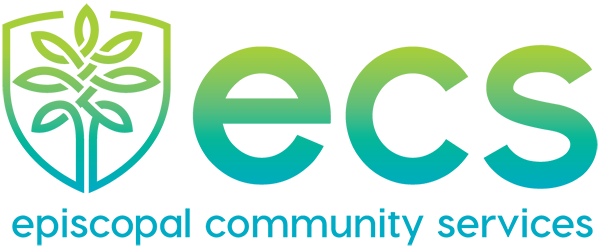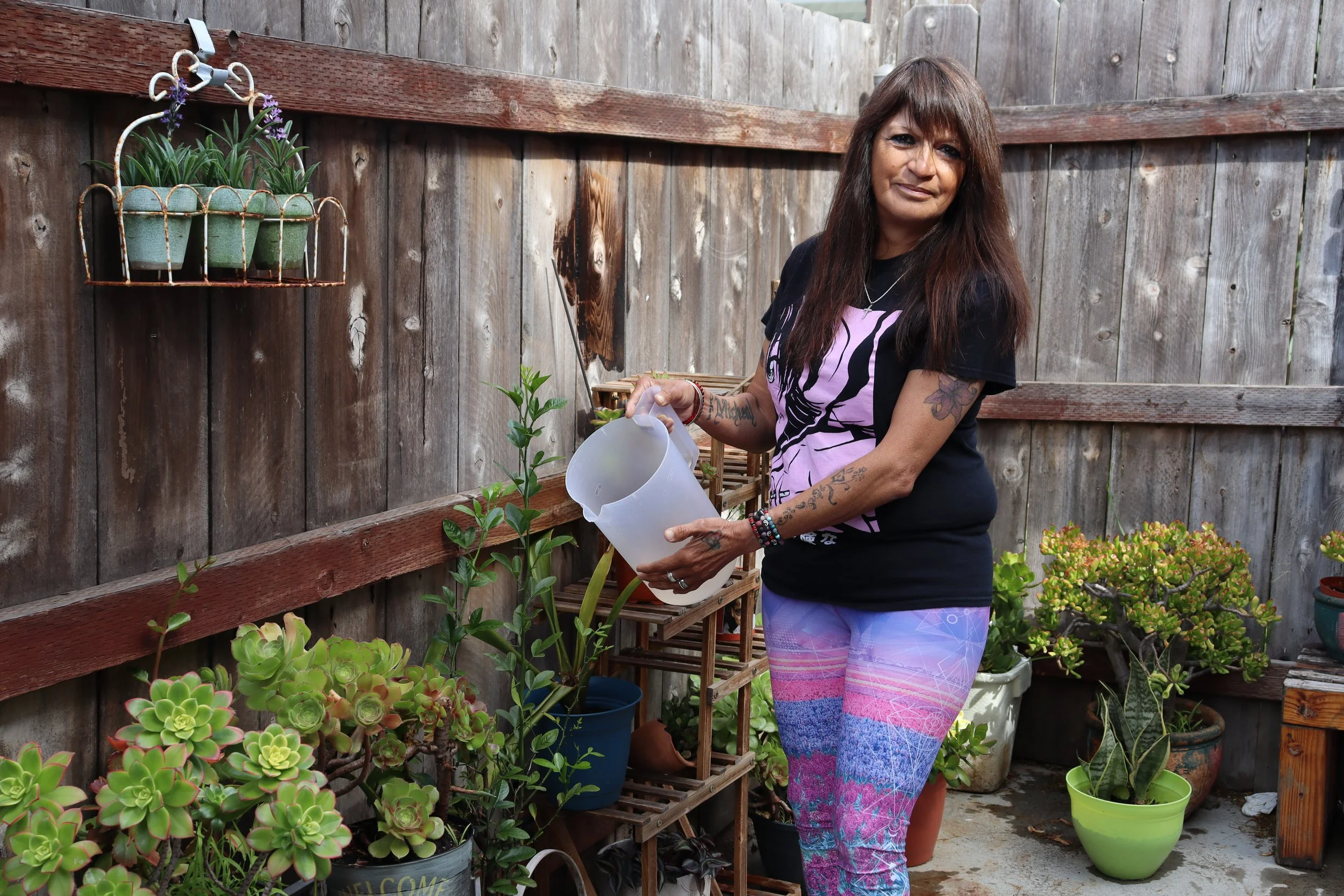*Content Warning: This article discusses sensitive topics including sexual assault, domestic violence, and drug use.
Despite the challenges she has faced, Maria maintains an optimistic attitude. April 2024.
When you meet Maria, you’ll find a lively and optimistic person, but life has dealt her an unfair hand, beginning when she was just a child. At seven years old, she was molested by a family member and, at 10, learned she was adopted, which shifted her world as she knew it. At 18, she got pregnant and moved to California where she had her baby and soon got into the first of several abusive relationships in which she was physically and mentally abused and raped.
She described one of her relationships, saying, "he beat me up for five years... black and blue, black and blue.” Maria tried her best to escape her situation at home by teaching aerobics and pouring her energy into fitness, but at 23, her coping mechanisms took an unhealthy turn when she was introduced to drugs, quickly destroying everything she had.
She had two children in her late 30s, but both were taken by *the Child and Family Well-Being Department. “They were taken from my arms; I never saw them again. I tried to get them back, but I was too heavily on drugs,” she said.
After couch surfing for some time, Maria found herself homeless on the street in San Diego. Maria described that experience as “dirty all the time, trying to find places to use the bathroom, horrible.” During that time, Maria overdosed. It took three doses of Narcan to bring her back. The employees at the hospital asked Maria if she wanted to go to rehab. “I said ‘nope.’ My friends were there waiting with the dope, and they picked me up,” so she continued doing drugs.
However, everything changed when Maria went to the emergency room for an extreme infection. During her recovery, she figured that since she was off drugs, she might as well stay off.
After years of tragic experiences, she began to take her life back. “I know what I want. I want to be happy. And drugs did not make me happy, it took everything I ever loved from me.”
Maria went into sober living and eventually met the criteria for ECS Uptown Safe Haven (UTSH). She has been living at UTSH for 10 months, and it has given her the ability to reshape her life with strength and intention. Maria said that UTSH has given her a positive environment where she can work on herself and feel safe. “They [UTSH] have good programs I participate in, the staff is wonderful, I’m very happy being here,” Maria explained. “They help me a lot here by working on myself... This is a new chapter in my life, and it has been the best year of my life.”
UTSH has also helped Maria take better care of her physical and mental health. The impressive array of running shoes neatly lined up in her room at the safe haven proves her dedication to exercise, but her room is also full of clues to her mental health journey. On her desk rests a journal filled with daily intentions that Maria writes every morning. One of her latest entries lists things she is thankful for — the UTSH staff, her mom, her health, and her sobriety making up a few items on that list.
Maria’s vision board keeps her on track toward achieving her goals. August 2024.
Above her desk, hangs a vision board which helps Maria actualize her dreams. The vision board includes everything from an iPhone to a cat to actor Jeremy Allen White. Her wall is decorated with countless inspirational phrases such as “I didn’t just survive, I thrived” and “I’ve never felt stronger.” Maria’s current goals are to save up for a new bike and her own apartment.
Maria’s journey to recovery and finding herself has also helped her family relationships. She shared that she and her oldest daughter used to do drugs together, but six years ago her daughter got sober, encouraging Maria to follow suit. “We’re the tightest, she’s my best friend. She’s my biggest supporter and biggest cheerleader,” Maria said.
Maria has faced countless obstacles, but she has found the strength to push past those challenges. Now, she wants to take the negative experiences of her own journey and spin them into something positive by helping others. Currently, Maria volunteers feeding the homeless every week, but her dream is to talk to other victims of domestic violence. She wants to inspire others to work on themselves, strive for sobriety, and reclaim their lives, turning the darkest parts of her life into silver linings. “Everything happens for a reason... It’s a beautiful life being sober,” she said. “It’s a beautiful life waking up and knowing you’re not getting beaten anymore... I’m so happy now.”
With the support of programs like UTSH, Maria was able to turn her life into something beautiful. “I wake up proud of myself. I wake up alive and thank God for another day,” she said. “Becoming an independent woman is the best feeling ever. Working on yourself, knowing you can make it by yourself is the best feeling. I mean look at me, I’m about to have my own apartment for the first time. I’m so blessed and thankful for every day, for this roof, the staff, the food. I am so blessed.”
UTSH is a residential facility that provides transitional housing and supportive services to chronically homeless single adults with moderate to severe mental health issues. To learn more visit ecscalifornia.org/uptown-safe-haven-1.
*Formerly called Child Protective Services (CPS).








